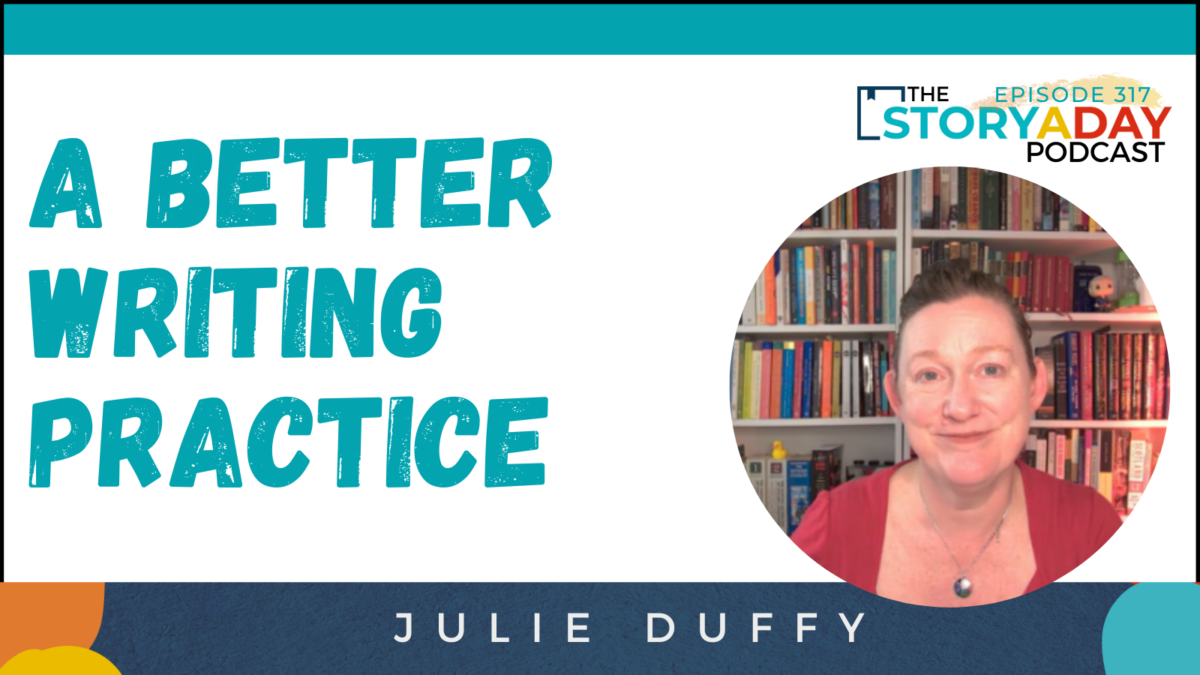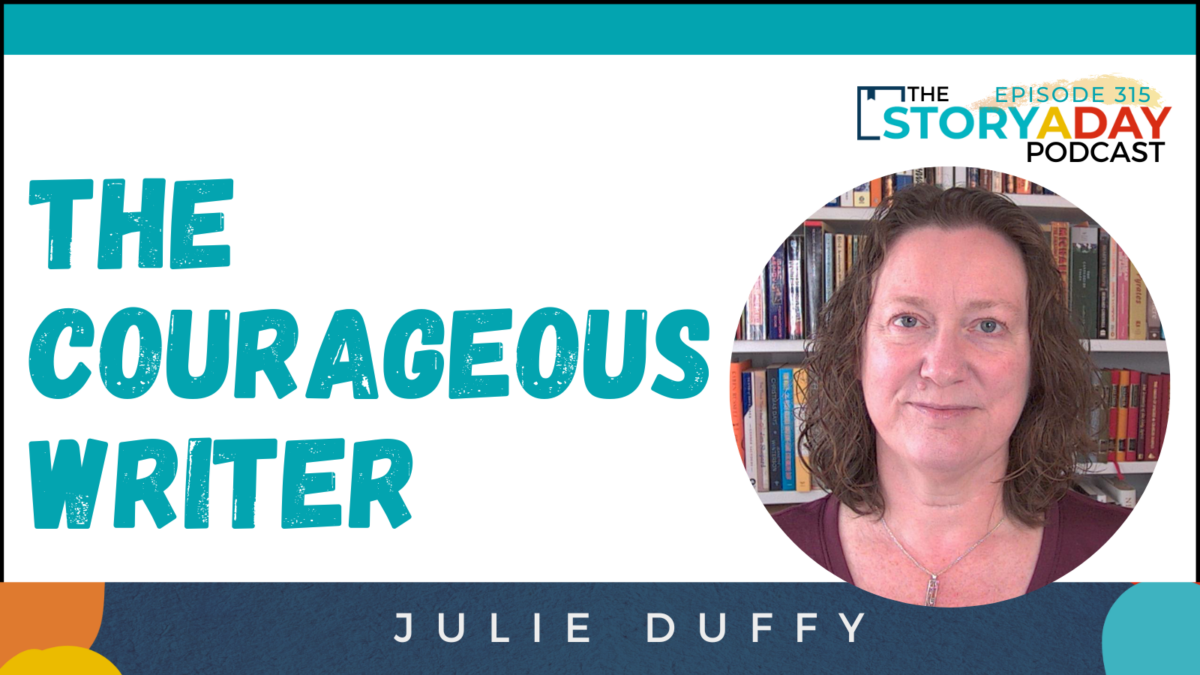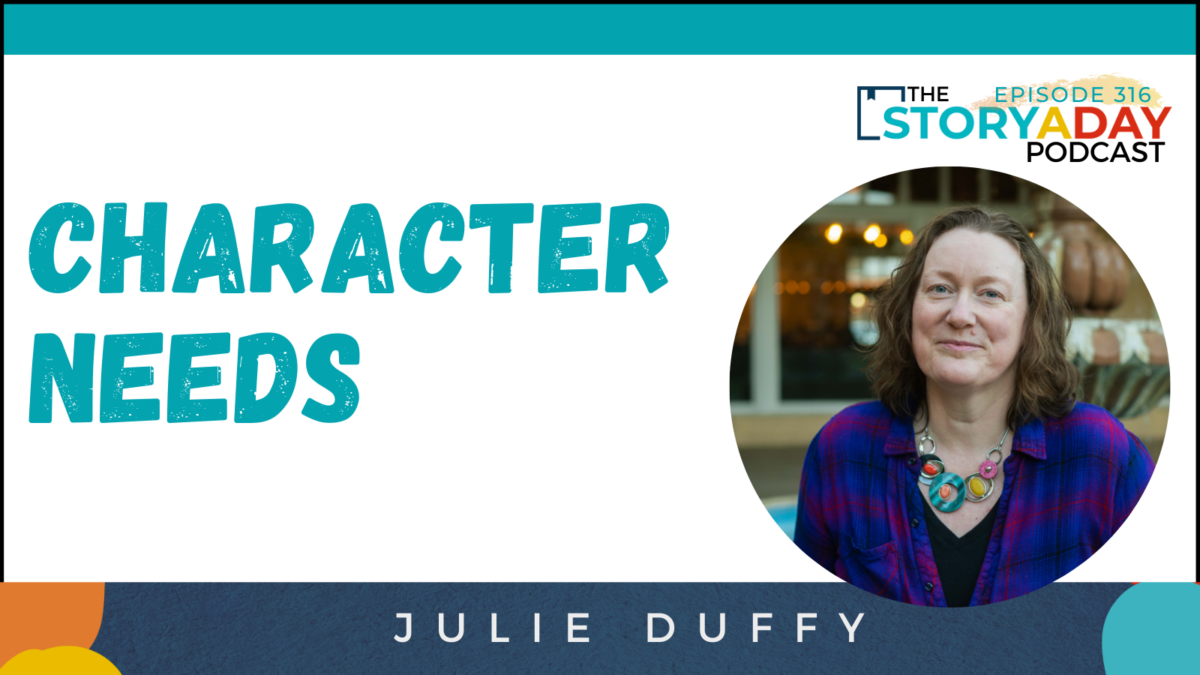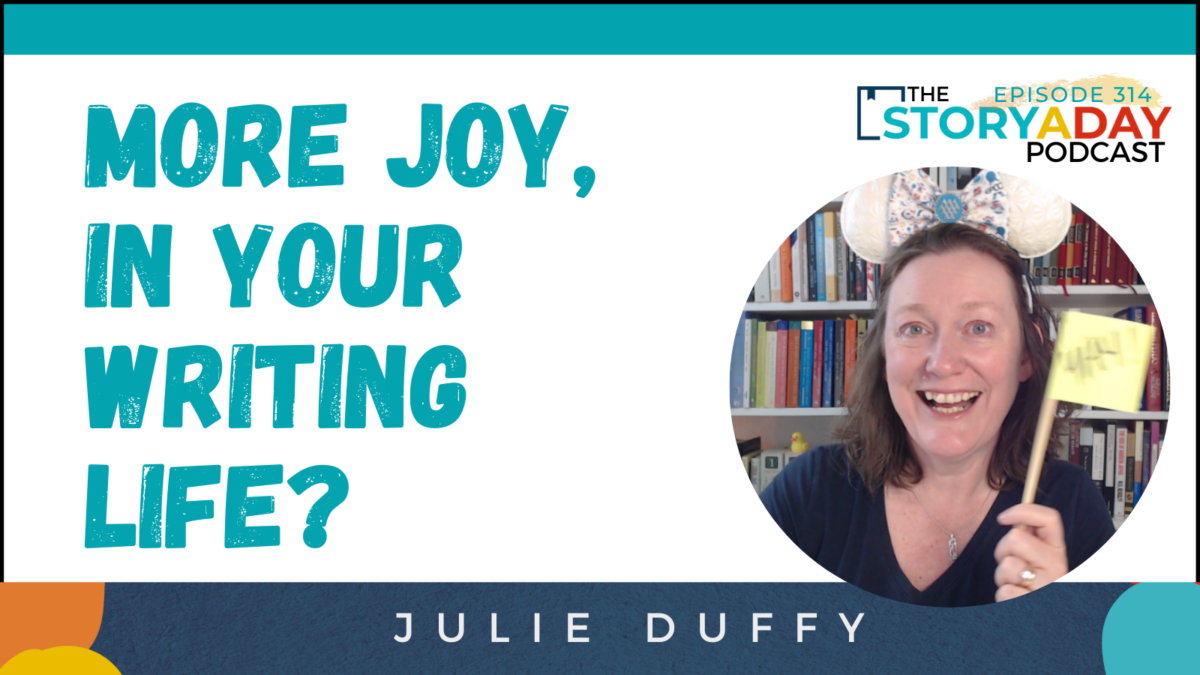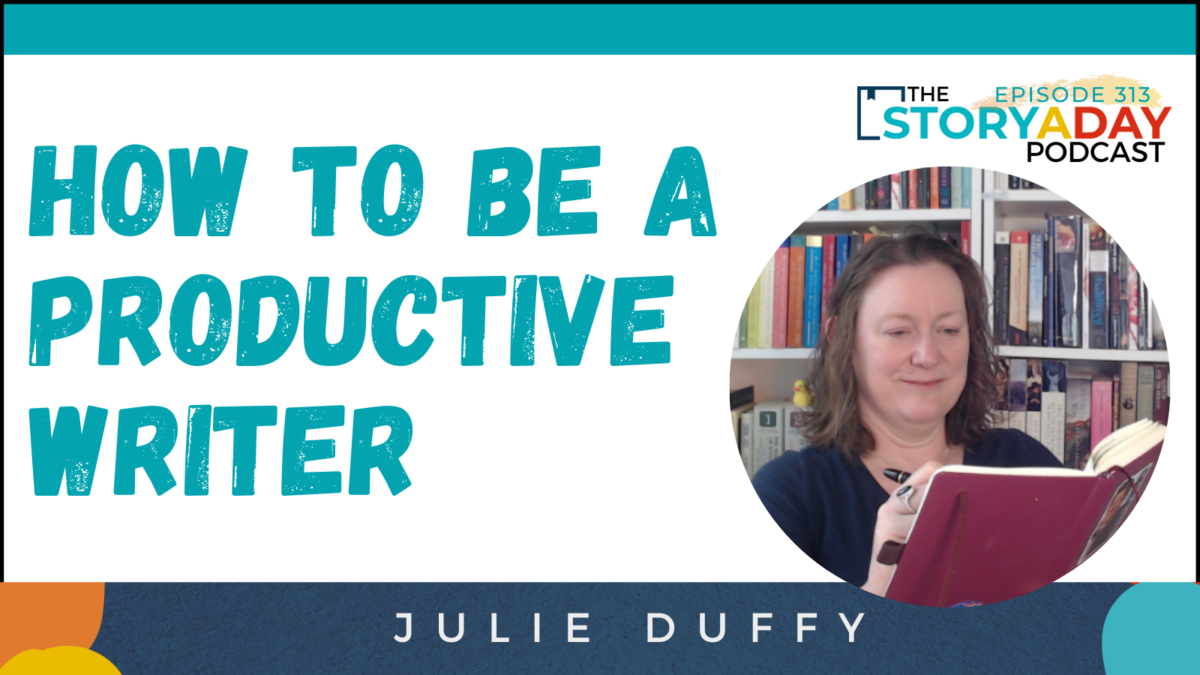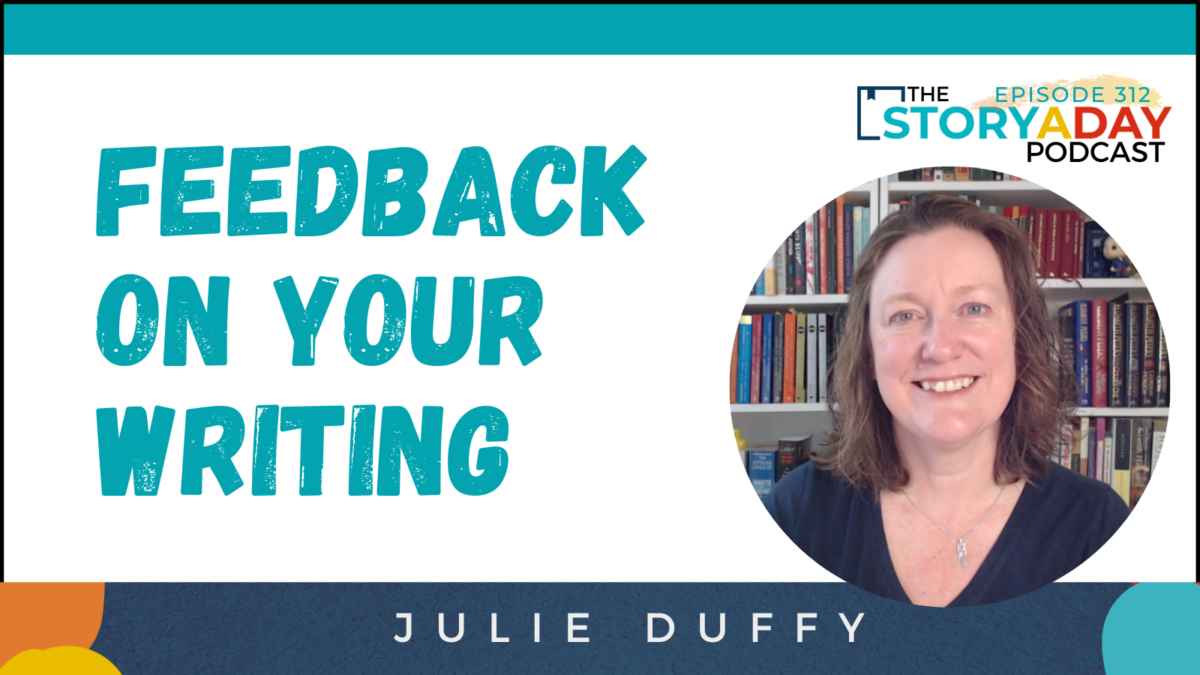This week I share what worked from StoryADay May this year, including our secret weapon, the warm up and brainstorming exercises.
00:09: Inspiration from Unlikely Sources
04:31 Encouragement from Writing Friends
07:12 Building a Supportive Writing Community
10:28 Back to Fundamentals: Improving Your Writing Practice
11:58 Warm-Up and Brainstorming Exercises
20:40 Resources and Programs for Writers
24:43 Upcoming Topics and Conclusion
LINKS
The StoryADay Challenge Handbook: https://storyaday.org/challenge-handbook
Other Help for Improving Your Writing Life
Download the Short Story Framework:
Take the 3-Day Challenge
Sign up for the StoryAWeek Newsletter
Take the I, WRITER Course
Join the Superstars Group
https://storyaday.org/superstars

